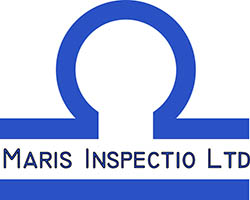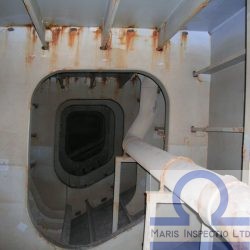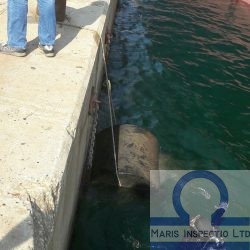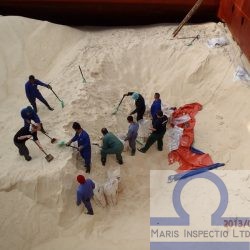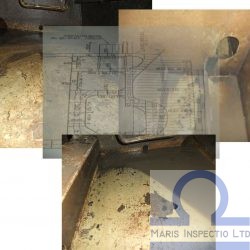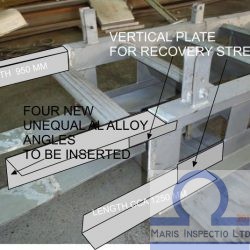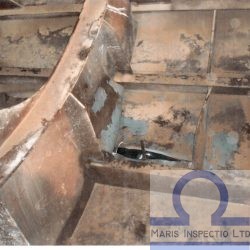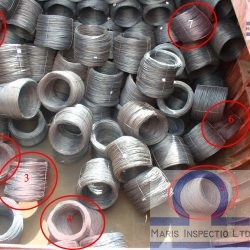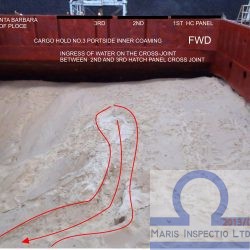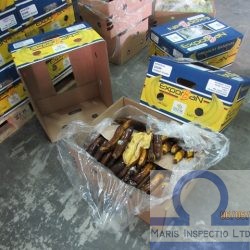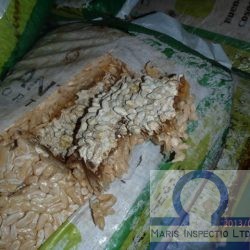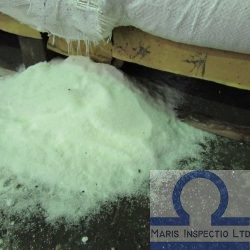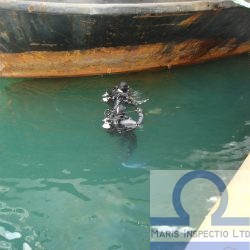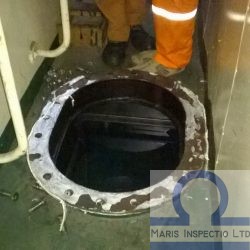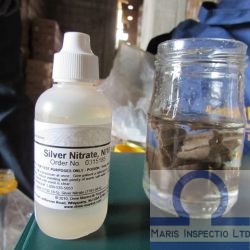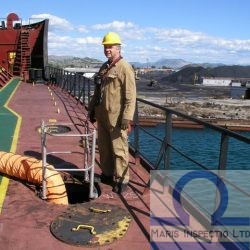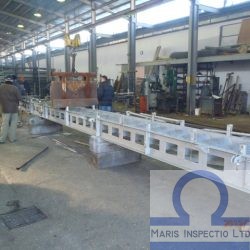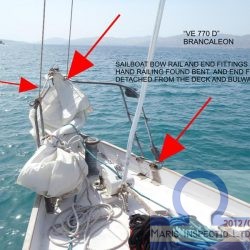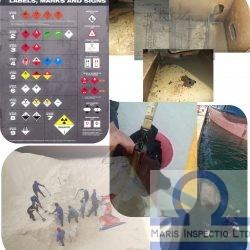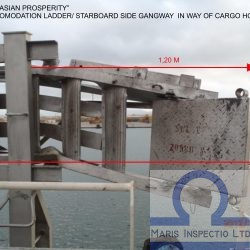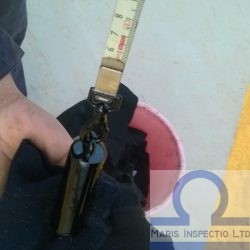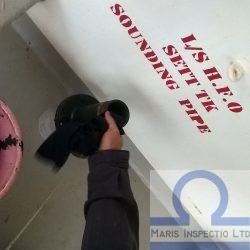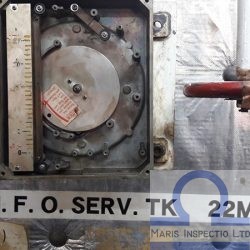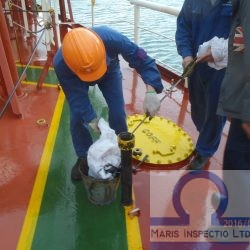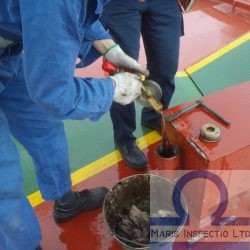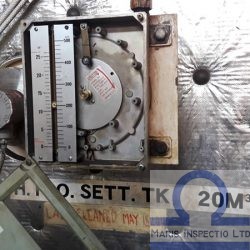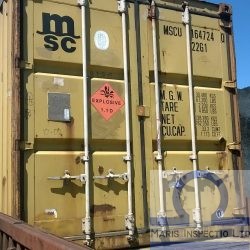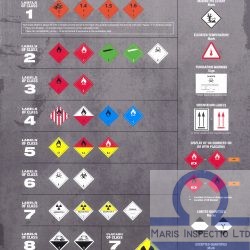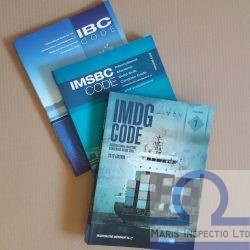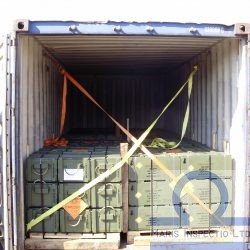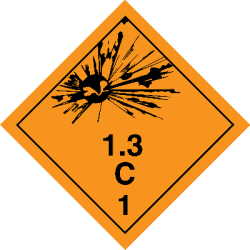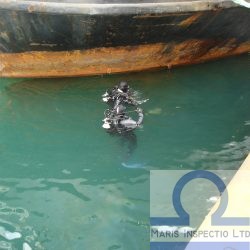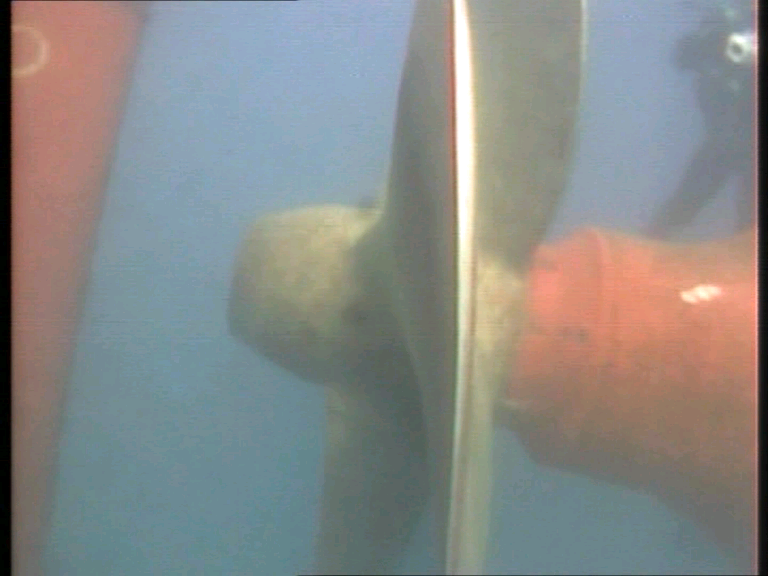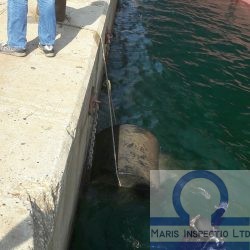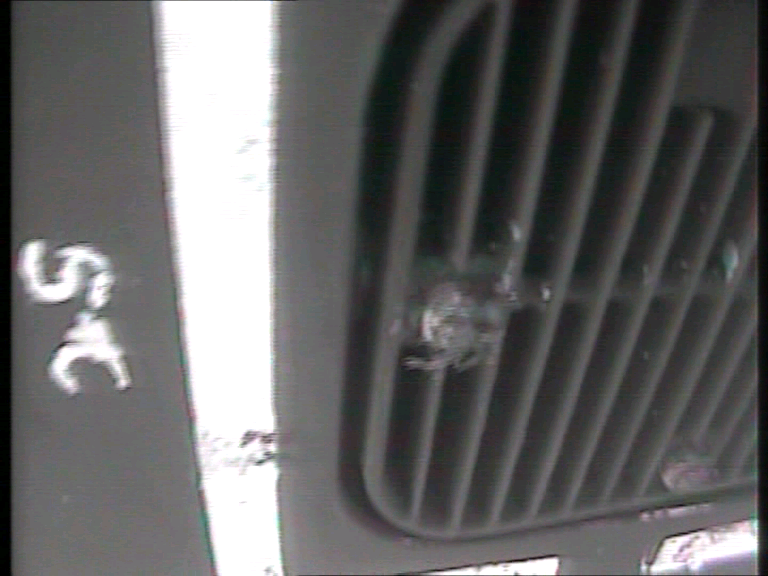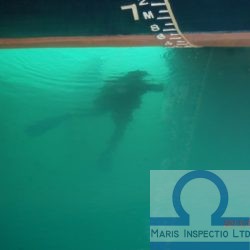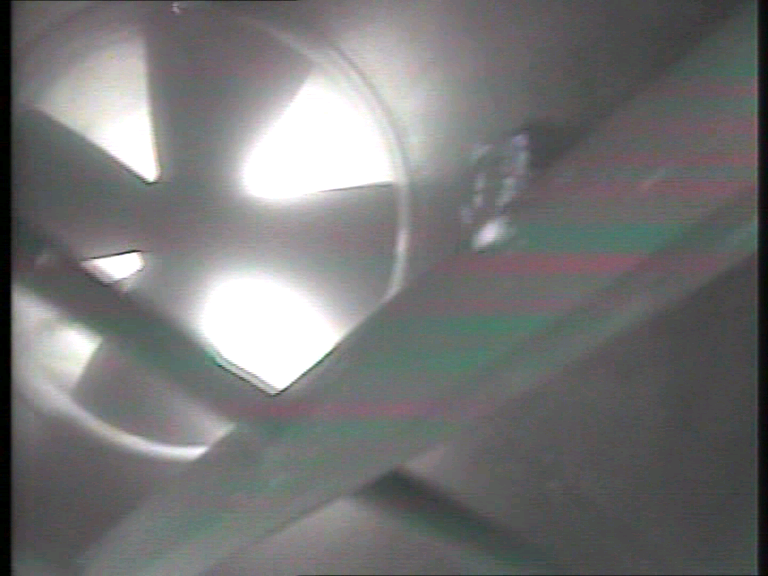Additional inspection capabilities
In general we give a critical examination or inspection of your vessel/cargo/container for a specific purpose.
- Condition and Evaluation
- Pre-Purchase Surveys (slike Folder ppsurvey)
This inspection is strongly advised when purchasing a new or used vessel. Probably the most comprehensive of all surveys. For example it includes such items as structural integrity, sea trial, fuel system, navigation, electronics, and overall operation of the vessel.
- Surveying marine Damage, collision, pollution and fire
This is performed to assess the extent of damage, recommended repairs, estimate repair cost and if requested, the probable cause.
Detailed and specialised surveys:
- Claims investigation
Documented full inspection, including photos and written reports
Supervised of stevedore handling and transporting of steel product
We provide requirements for the packaging, marking and stowage of dangerous goods
Load planning including the verification and certification of proper segregation of hazardous materials and the special handling requirements of breakbulk explosives.
Consultation and oversight to ensure proper completion of Multimodal Dangerous Goods Form (Certificate) and the Dangerous Cargo Manifest.
We perform surveys without prejudice and report all the facts, findings and figures truthfully applying highest possible business ethics at all times.
Usually engaged by marine underwriters, brokers, P&I Clubs represented by local correspondents.
Bunker Survey
Bunker Survey provide the following services:
ON/OFF Hire oil quantity survey
Pre-delivery tank gauging.
Safety inspection and supervision of fuel sampling.
Monitoring of bunker delivery process.
Post-delivery tank gauging.
Final calculation of quantity delivered.
MV Federal Skye_Bunker Survey Report
MV BLUE WAVE CERTIFICATE OF REDELIVERY BUNKER QUANTITY PASSING CAPE PASSERO 31.05.2017. 1303
Dangerous goods
We provide requirements for the packaging, marking and stowage of dangerous goods
Load planning including the verification and certification of proper segregation of hazardous materials and the special handling requirements of breakbulk explosives.
Consultation and oversight to ensure proper completion of the Dangerous Cargo Manifest.
Class 1 Explosive substances and objects (Class 1 is divided into 6 sub-groups).
Class 2 Gases. Compressed, liquefied or dissolved under pressure.
Class 3 Flammable liquids.
Klasse 4.1 Flammable solids.
Class 4.2 Spontaneously combustible solids.
Class 4.3 Substances liberating combustible gases when in contact with water.
Class 5.1 Oxidizing agents.
Class 5.2 Organic peroxides.
Class 6.1 Toxic substances.
Class 6.2 Biohazards.
Class 8 Corrosive substances.
Class 9 Various dangerous substances and objects, i.e. any other substance which experience proves to be – or which turns out to be – of such a dangerous nature that it should be covered by the provisions of this part.
We provide below services
- Classify the goods according to criteria specified in the relevant code or confirm the classification with the manufacturer or importer of the goods.
- Identify the Proper Shipping Name from the general index or alphabetical list of dangerous goods in the appropriate code.
- Check if the goods can be transported and if special conditions apply – some goods are prohibited under all circumstances. Others may require different packaging or the code may only allow smaller quantities. It may be necessary to comply with more than one modal code or domestic legislation.
- Check if different items can be placed in the same packaging, cargo transport unit (CTU), or large package (segregation). Segregations requirements can be significantly different between the different transport modes.
- Select the correct packaging based on the Packing Instruction or Class and Packing Group8 (when applicable) if the code does not provide Packing Instructions.
- Mark and label the goods in accordance with the appropriate code (usually UN number Proper Shipping Name, Class label and Subsidiary Risk label (if required), Packing Group (if applicable) plus any additional marks required by the code (such as marine pollutant, environmentally hazardous or elevated temperature marks).
- Provide a dangerous goods declaration stating the UN number, Proper Shipping Name, Class, the Packing Group where applicable and the number and kind of packages. Also provide flash point and Marine Pollutant if required. If not specifically required elsewhere on the document, this information may be placed in the ’additional information‘ section. Provide any additional information required by the specific code. Under the Land Transport Rules the consignor must advise of any special requirements for the safe carriage of the goods. The rules also require loaders and carriers to implement any special requirements indicated in ’additional information’.
- Pack cargo transport units according to segregation requirements. Document container/vehicle e.g. manifest (list goods) and provide a container/vehicle packing certificate (MMDG Form). Provide any additional information required by the specific code.
- Label cargo transport unit with Class placards and UN number if required.
